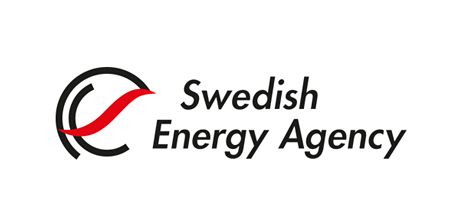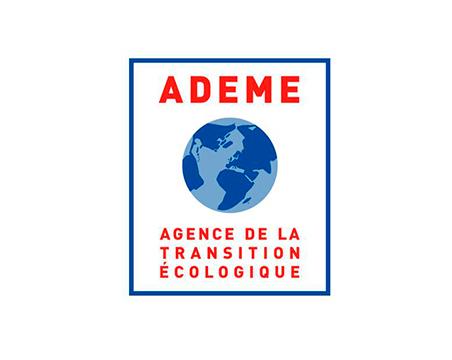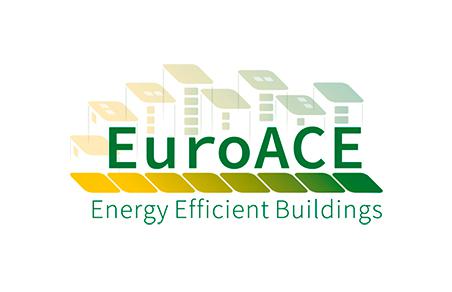Panel 3. Policy, finance and governance
Effective energy efficiency policies are key to fulfilling the long-term objectives laid out in the Paris Agreement. In Europe, the European Commission has in place a strong set of measures in order for Europe to become climate neutral by 2050. Similarly, other countries such as Japan, Korea, Canada, and New Zealand have passed laws committing to achieving net zero by 2050. However, the vast majority of big emitters have not yet committed to legally binding targets and, even with strong commitments, laws, directives and regulations alone are not sufficient to assure compliance with the Paris Agreement.
Policy implementation can be hindered by changes in the political orientation of governing bodies, by lack of coordination between different governance levels and stakeholders and/or lack of resources (in terms of financial means, but also of know-how and human resources).
This panel focuses on how energy efficiency policies can and should be better designed, financed, implemented, and (co)managed in the context of delivering net zero to generate much larger and lasting energy savings, enhance the energy efficiency first principle, embed climate justice and ensure a just and fair transition. The panel accepts papers and extended abstracts that focus at least partially on one or more of the following points:
- Energy efficiency policy: including the assessment of the current policy framework; integration of policies across different domains and breaking silos between energy and non-energy policies (e.g. land use, urban planning, fiscal policies, foreign policy, economic policy, competition, etc.); a shift in narrative that emphasizes the use of energy efficiency as a source of energy services in its own right, and the consideration of wider non-energy benefits (including energy security, alleviation of energy poverty, and resource use); other aspects such as sufficiency and just transition; solutions to overcome existing policy barriers.
- Energy and climate governance: coordination and sharing of responsibilities amongst different administrative levels (e.g. supra-national, national, regional, local) in terms of subsidiarity and competence sharing; the involvement of relevant stakeholders representing all areas of society; sharing of information and data streams both vertically (different governance levels) and horizontally (different stakeholders). We also welcome abstracts focussed on the role of the European Union as an innovator in terms of climate and energy governance.
- Energy efficiency finance: analysis of how to scale up financing schemes in order to fill the investment gap; analysis of the role that different actors play in energy efficiency finance (with a specific focus on local and regional actors) and on how existing subsidies could be shifted from non-sustainable sources.
Panel leaders

Giulia Pizzini, IEECP, Italy
Giulia Pizzini is a Senior Energy Expert at the Institute for European Energy and Climate Policy (IEECP), where she is coordinating the team on Local Action for Energy and Climate.
Giulia is the coordinator of the PROSPECT+ project – supporting local and regional authorities via a peer-to-peer learning programme in gaining knowledge on innovative financing schemes to implement their sustainable energy and climate action plans, as well as the NECPlatform project – supporting six Member States in creating multi-level climate and energy dialogue platforms to bring local decision makers and other stakeholders in national energy and climate planning. She is also involved in other projects within IEECP such as the MICAT project (Multiple Impacts Calculation Tool). Her main fields of expertise include European Energy (Efficiency) Policy, with a focus on energy planning in cities and regions, energy governance, the energy efficiency first principle, consumers behaviour, energy communities and cooperatives and energy education.
Giulia holds a MSc. in Environmental Policy and Regulation at the London School of Economics and Political Sciences. Previously she has been working in the Executive Agencies of the European Commission as Project Officer. She is based in Rovereto (IT), where she is also involved in the management of an urban farm.

Nick Eyre, CREDS, United Kingdom
Nick Eyre is Professor of Energy and Climate Policy in the Environmental Change Institute of the University of Oxford. He is currently Director of the Centre for Research into Energy Demand Solutions (CREDS), which is UK Research and Innovation’s major centre for research on energy use. He was Founding Director of Zero-carbon Energy Research Oxford, The ZERO Institute.
Nick has a doctorate in nuclear physics from the University of Oxford. From 2007 to 2017, he was a Co-Director of the UK Energy Research Centre, and before that Director of Strategy at the Energy Saving Trust. He was a member of the team that wrote the first UK cabinet briefing on climate mitigation in 1989 and he led the work on energy efficiency and future scenarios in the UK Government’s 2002 Energy Review. He was a Board member of eceee from 2004–2007.
Nick has been a Lead Author and Review Editor in the last two cycles of the IPCC Mitigation Report. He is a member of the Science Expert Group of the Department of Energy Security and Net Zero, and of the Scottish Climate Change Plan Advisory Group. He is scientific advisor on climate change to Oxford City Council.





















